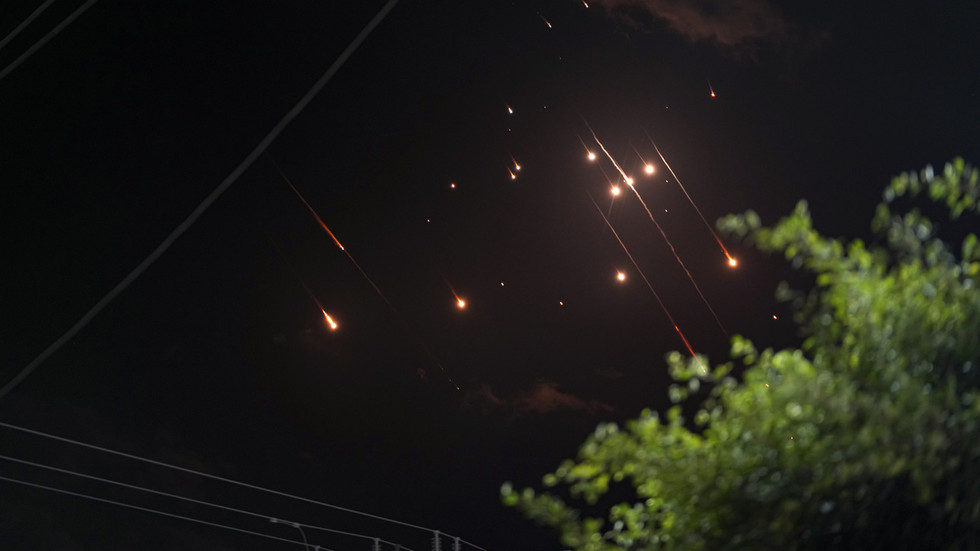The ongoing tensions between Iran and Israel have escalated recently, particularly following Iran’s launch of approximately 180 ballistic missiles at Israel. In response, Tehran has communicated warnings to several key Arab allies of the United States, including Jordan, the United Arab Emirates (UAE), Saudi Arabia, and Qatar. This warning cautioned these nations against providing assistance to Israel should they pursue military action against Iran. The warnings were reportedly conveyed through “secret diplomatic channels” in light of Israeli threats to retaliate severely following the missile attack. Israeli officials are pushing for substantial strikes against Iran’s nuclear sites and oil infrastructure, raising alarms among energy-rich Gulf nations about the potential risks to their oil facilities and military installations due to possible regional miscalculations or escalations.
In the context of these mounting threats, officials from countries that house U.S. military personnel have made their stance clear to President Joe Biden’s administration. It has been communicated that these Arab states prefer not to involve their airspace or military bases in any offensive actions targeting Iran. According to reports, Saudi Arabia, Qatar, and the UAE have explicitly told Washington that they will deny Israeli aircraft permission to operate from their territories for strikes on Iran. U.S. defense officials have acknowledged these concerns but clarified that such requests from regional partners remain informal, reflecting the cautious stance these nations are taking amid the escalating situation.
The Iranian government, fully aware of the potential for conflict, has reiterated its readiness to defend itself against any aggressive moves by Israel. A source from Tehran indicated that the response to an Israeli attack would be “proportionate” and aligned with international norms. This reflects Iran’s broader strategy to assert its military capabilities while deterred from compromising its own national security interests. The nature of this preparedness underscores the regional volatility, with all involved powers aware that any misstep could lead to rapid escalation and conflict across the Middle East.
If conflict were to arise, it seems likely that Iran would retaliate specifically against Israel’s vital infrastructure. For instance, should Israel target Iran’s oil facilities, Iran has stated that it would respond by attacking Israeli oil refineries, and similar retaliatory measures would follow if other critical infrastructures, like power plants or nuclear sites, were struck. This tit-for-tat strategy illustrates a potential cycle of retaliation that could further destabilize the region. Tehran has publicly asserted that its military actions target military facilities exclusively, and no civilian casualties were reported from its recent missile attacks, with the exception of a Palestinian casualty due to debris.
Despite the tensions, Iran has cautioned Israel against taking disproportionate retaliatory actions, indicating that such moves could provoke a reevaluation of Iran’s nuclear doctrine. While specifics were not elaborated, this hint suggests a significant escalation in Iran’s military strategy could be on the table should civilian harm occur as a result of Israeli strikes. The intricate web of alliances and enmities in the region means that actions taken by Israel could have far-reaching implications not just for Iran, but also for its neighbors and their ties with the U.S.
Overall, the fears expressed by Arab countries housing U.S. troops about the ramifications of an Israeli attack on Iran highlight a precarious balance of power in the region. The insistence on maintaining military neutrality reflects a broader concern for regional stability amidst the complexities of U.S.-Iran-Israel relations. The potential for energy disruptions, a rising threat to American military installations, and the overarching risk of escalation contribute to the anxiety felt by these states. As such, the situation remains tense and unpredictable, underscoring the need for careful diplomatic navigation to avert a broader conflict.

